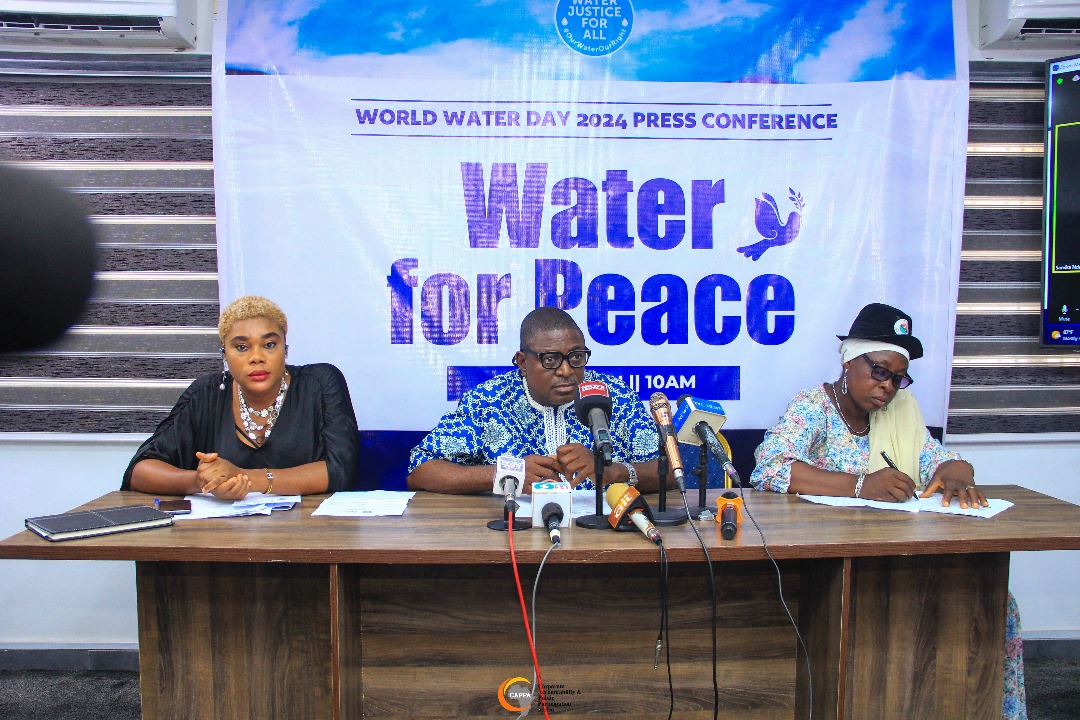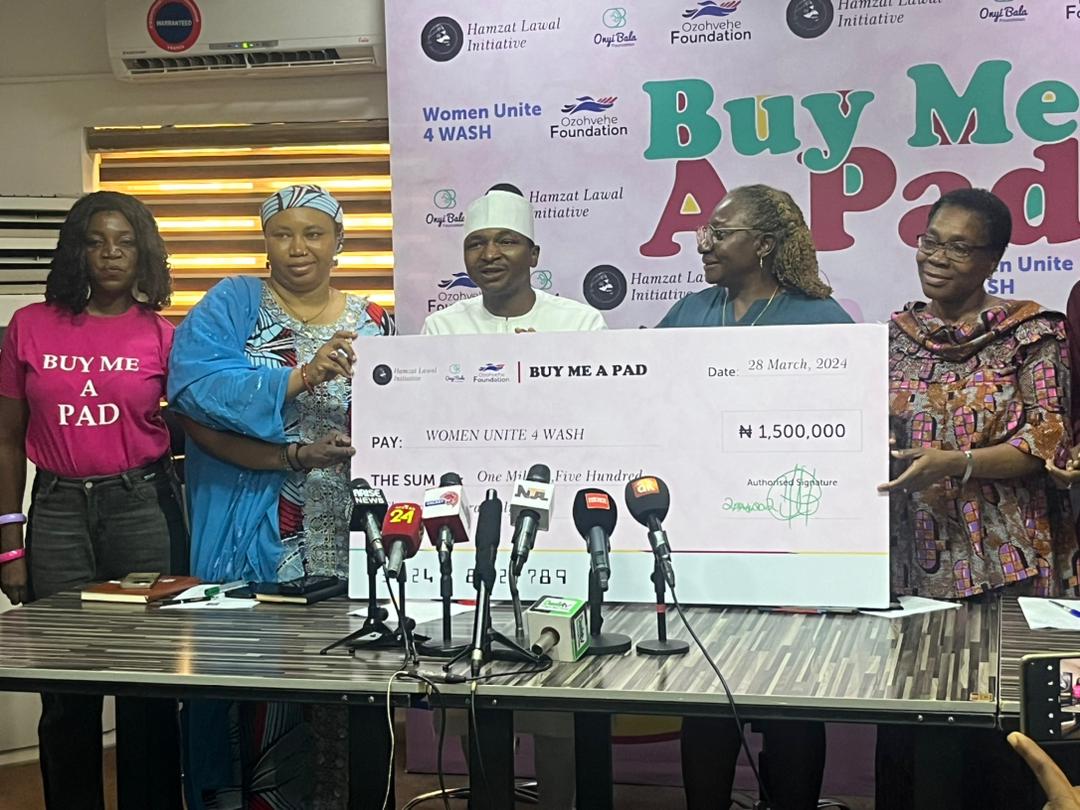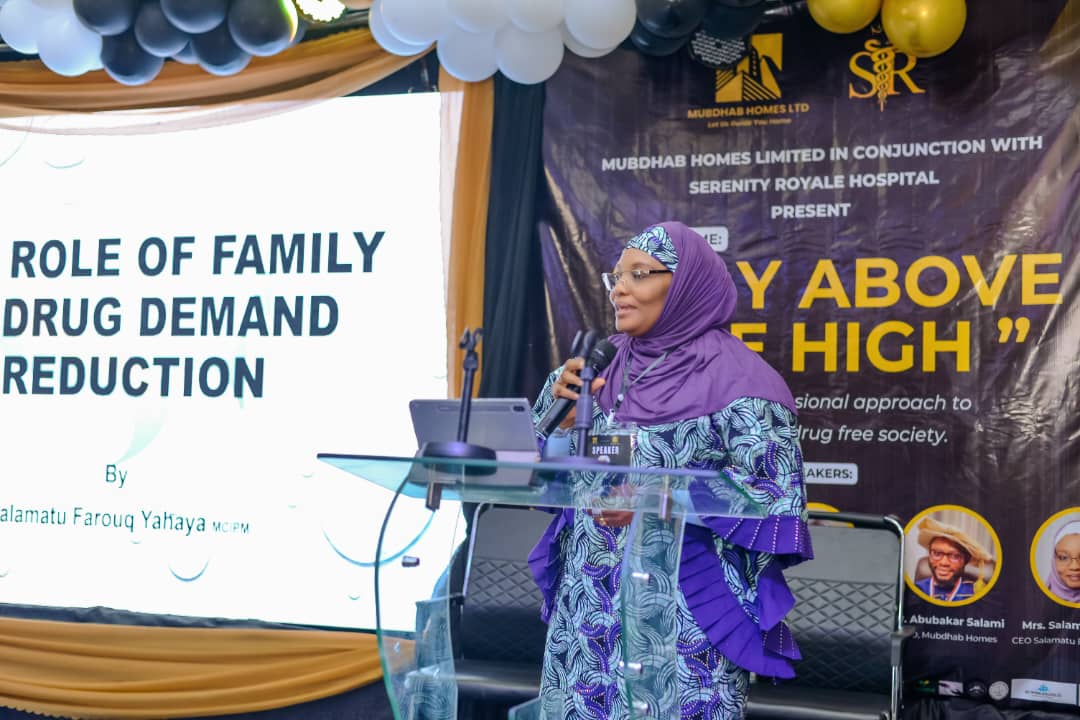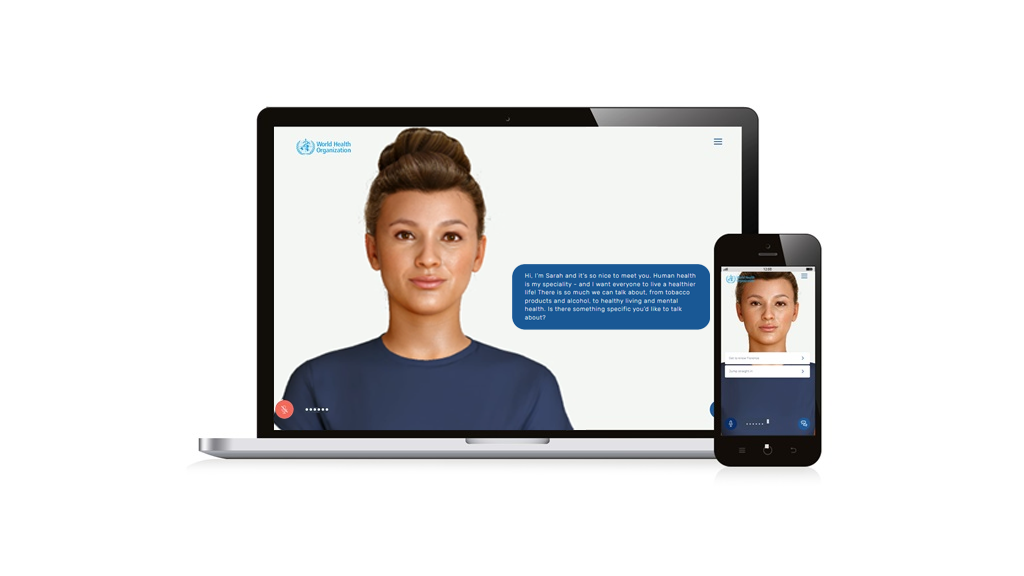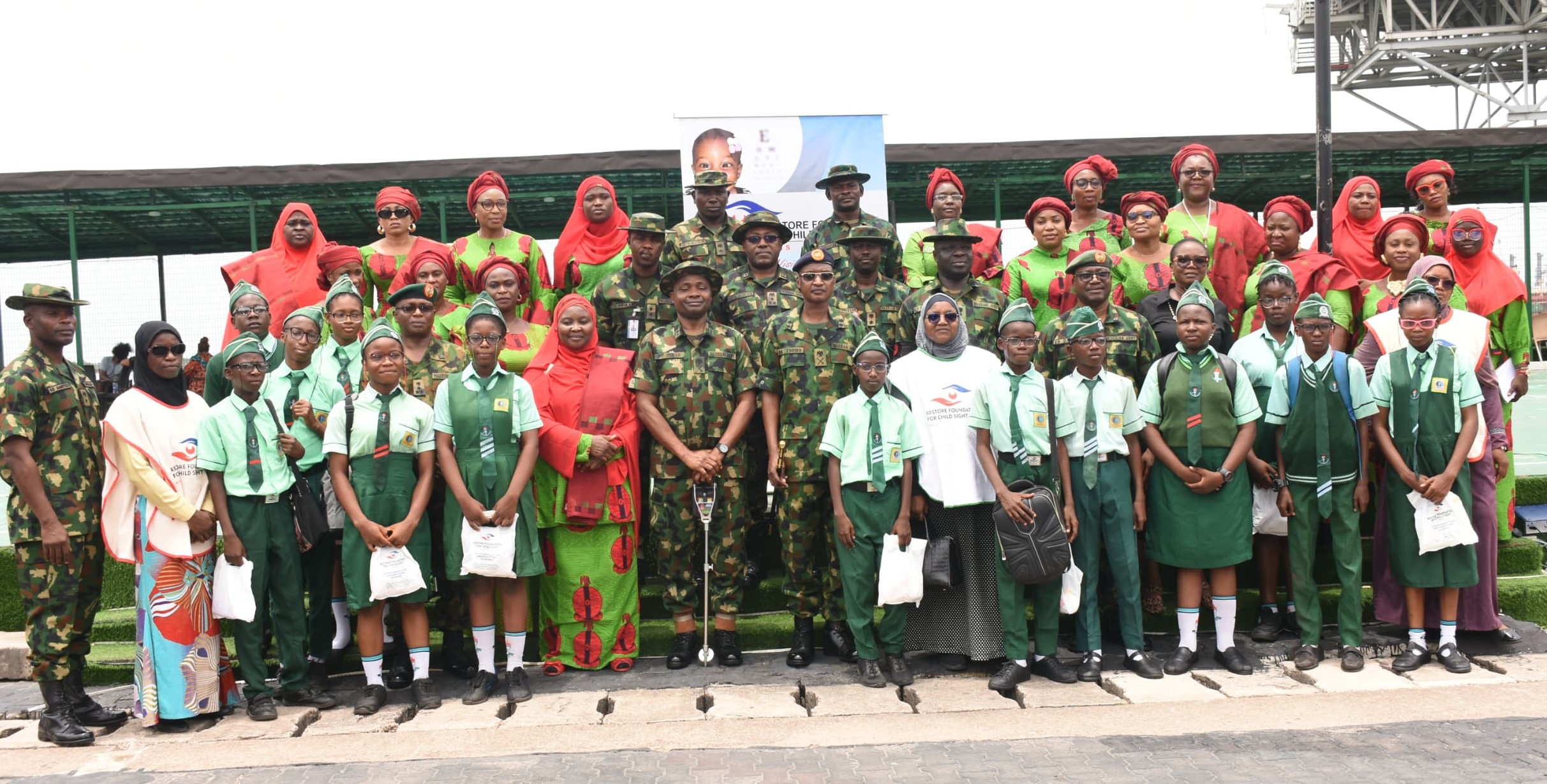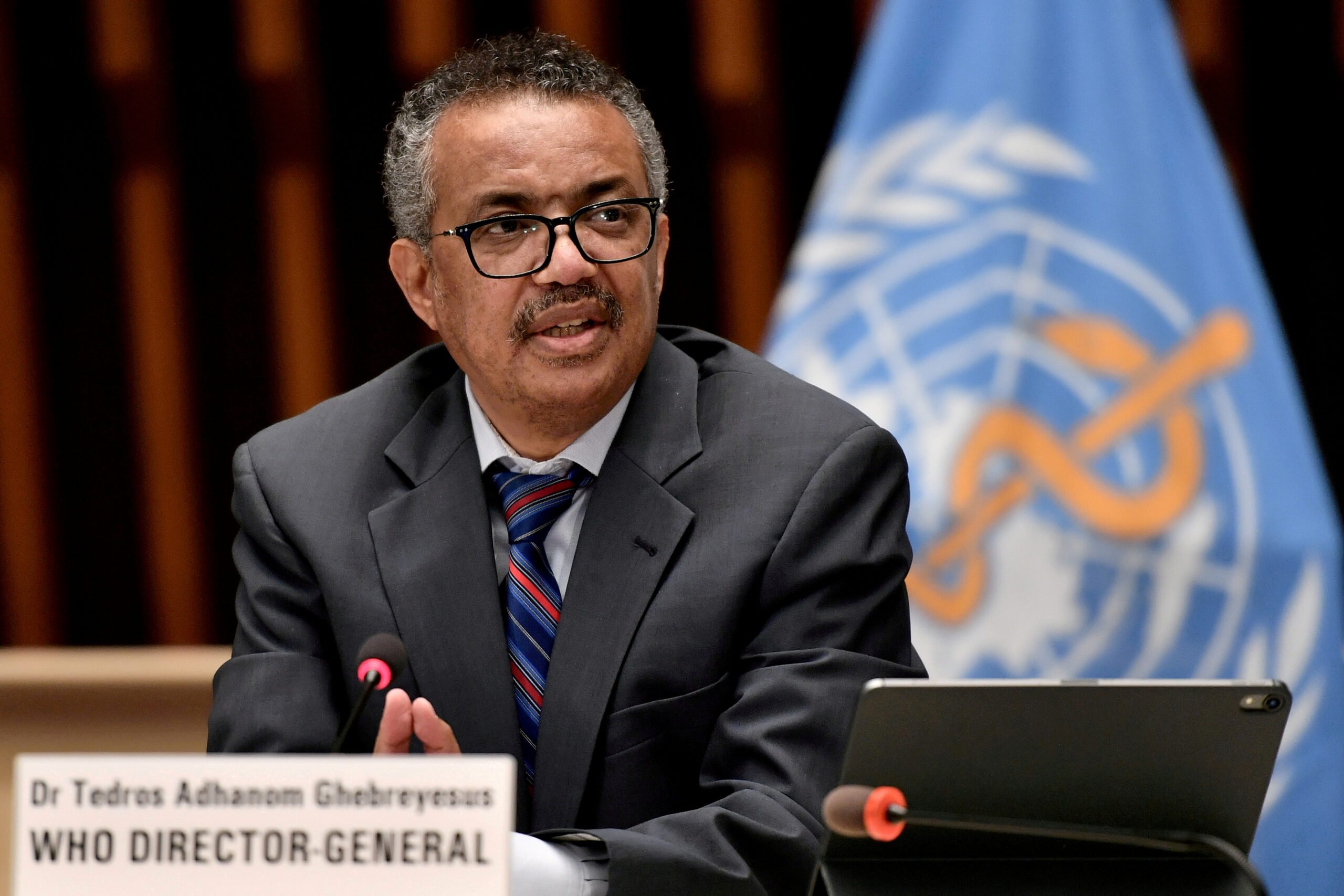Corporate Accountability and Public Participation Africa (CAPPA) has called on state governments to solve water inaccessibility in Nigeria.
In an address to commemorate World Water Day 2024, Oluwafemi Akinbode, CAPPA’s executive director, noted that over 400 million people across Africa still lack access to safe drinking water.
Akinbode spoke on Friday, in Lagos at a press conference organised in collaboration with Our Water Our Right Coalition (OWORAC), a group of civil society organisations, activists, local communities, and trade unionists from across Africa.
“This year’s theme, ‘Water for Peace’, underscores the critical necessity of water for human survival and societal stability,” Akinbode said.
Advertisement
“In Nigeria alone, a staggering 113 million people suffer from painful hardship and crippling deprivation of water.
“This saddening neglect is not due to a scarcity of resources but rather a consequence of the profit-driven logic adopted by state authorities in managing water supply and amenities. The relentless pursuit of commodifying public resources, at the expense of community welfare, has led to the deterioration of vital public utilities and social services.
He noted that though the situation is widespread, the case in Lagos is “alarming”.
Advertisement
“Despite the state’s reputation as a lodestar and mega-city, over 8 million of its residents—equivalent to roughly 60 percent of its population—grapple with limited access to potable water,” Akinbode said.
“In 2023, CAPPA drew attention to the sorry state of several water works in the state, which remain derelict to date. One year later, Lagosians still lack running water in their homes, with water works remaining padlocked, while citizens are forced to pay exorbitantly to non-state actors for basic water.
“This issue is further worsened by the state’s frequent romanticisation of profit-driven partnership models as purported solutions, despite global evidence documenting the failures of privatizing water supply and infrastructure.
“We wish to re-emphasize today that only democratic ownership and public control of water services can remedy the deep-rooted injustice of water inaccessibility.
Advertisement
“For emphasis, we categorically reject any plans by the Lagos State—aided by the influence of international financial institutions and development agencies with a pro-privatization stance—to outsource its traditional responsibility of providing water to its citizens to business owners.
“The global failure of water privatization financing models is evident in countries like the USA, Chile, and France, which are still grappling with the adverse consequences. In African countries like Tanzania, Ghana, and Gabon, where water services were privatized, there has been a regression in access and supply.
“We are already seeing the consequences of anti-people water management considerations across the country.”
‘AVOID PRIVATISING WATER SERVICES’
Advertisement
Akinbode, therefore, asked state and federal authorities to abandon any ongoing or plans to privatise water services.
He asked the governments to increase budgetary allocation to revitalise the performance of the water sector.
Advertisement
“This also includes refurbishing dilapidated infrastructure, upgrading existing water works and building new facilities to ensure widespread access to clean and safe drinking water,” he said.
“The Lagos Water Corporation must fulfill its responsibility of public water distribution across all areas of the state, not just economically viable neighbourhoods.
Advertisement
“Strengthen regulatory oversight and implement proper reparation mechanisms in local communities affected by water injustices like contamination, scarcity, and inaccessibility.
“These mechanisms should include measures by state ministries of health to address the consequences of prolonged exposure to contaminated water, especially for women and girls.”
Advertisement
Also speaking, Sandra Ndang, advocacy officer for African Centre for Advocacy, Cameroon, called for a people-centered approach to water management.
“Water is more than a commodity, it’s the foundation for peace, health, and sustainable development in Africa. We urge decision-makers to prioritise investments in public water infrastructure and empower communities to be stewards of their water resources,” Ndang said.
On his part, Geoffrey Ocansey, convener of Water Citizens Network-Ghana, said: “Whether ingested or applied to the skin, the peace it presents to the heart and skin is priceless. Let that peace reach all humans across the globe.”
Add a comment
